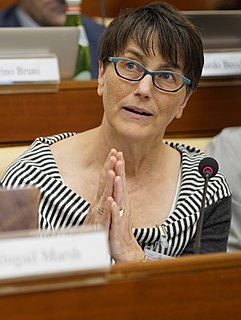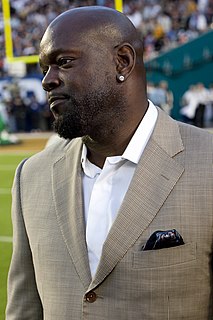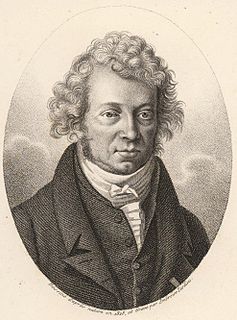A Quote by Theodore Roosevelt
I can no more explain why I like "natural history" than why I like California canned peaches; nor why I do not care for that enormous brand of natural history which deals with invertebrates any more than why I do not care for brandied peaches. All I can say is that almost as soon as I began to read at all I began to like to read about the natural history of beasts and birds and the more formidable or interesting reptiles and fishes.
Related Quotes
It became a question of taste. I have a certain taste in art history. And that - I had a huge library of art history books in my studio. And I would simply have the models go through those books with me, and we began a conversation about, like, what painting means, why we do it, why people care about it why or how it can mean or make sense today.
Why?" she screamed. "Are you crazy? You know the English subjunctive, you understand trigonometry, you can read Marx, and you don't know the answer to something as simple as that? Why do you even have to ask? Why do you have to make a girl SAY something like this? I like you more than I like him, that's all. I wish I had fallen in love with somebody a little more handsome, of course. But I didn't. I fell in love with you!
And what of my extended family-birds, beasts, and reptiles? They too have drowned. Every single thing I value in life has been destroyed. And I am allowed no explanation? I am to suffer hell without any account from heaven? In that case, what is the purpose of reason, Richard Parker? Is it no more than to shine at practicalities-the getting of food, clothing and shelter? Why can't reason give greater answers? Why can we throw a question further than we can pull in an answer? Why such a vast net if there's so little fish to catch? (pg. 98)
I think as you grow up and you see things which are around you and you ask questions and you hear the answers, your situation becomes more and more of a puzzle. Now, why is it like this, why are things like this and since writing is one way in which one can ask this questions and try to find these answers, it seems to me a very natural thing to do, especially as it meant stories which I always found moving, almost unbearably necessary.
I am particularly fond of [Emmanuel Mendes da Costa's] Natural History of Fossils because this treatise, more than any other work written in English, records a short episode expressing one of the grand false starts in the history of natural science and nothing can be quite so informative and instructive as a juicy mistake.
I began studying human emotions more than twenty years ago. At that time, almost every scientist working in this area was studying one of the negative emotions, like fear, anger, anxiety, or depression. I wondered why no scientists cared to explain why we humans sometimes feel upbeat and pleasant. I liked the idea of charting new terrain. It's been a fun intellectual puzzle. There's so much to discover!
I just would like to say that over more than a quarter-century as a scientist and a believer, I find absolutely nothing in conflict between agreeing with Richard [Dawkins] in practically all of his conclusions about the natural world, and also saying that I am still able to accept and embrace the possibility that there are answers that science isn't able to provide about the natural world - the questions about why instead of the questions about how. I'm interested in the whys.
This act of empathy, that women go through from the time we're little girls - we read all of literature, all of history, it's really about boys, most of it. But I can feel more like Peter Pan than Tinker Bell, or like Wendy. I wanted to be Tom Sawyer, not Becky. And we're so used to that act of empathizing with the protagonist of a male-driven plot. I mean, that's what we've done all our lives. You read history, you read great literature, Shakespeare, it's all fellas, you know?
'Human history, ' H.G. Wells once wrote, 'becomes more and more a race between education and catastrophe.' You and I cannot be indifferent to the outcome of that race. We care deeply about the winner. Because we do care so deeply about the winner, that is why we are all in the East Room of the White House today.


































